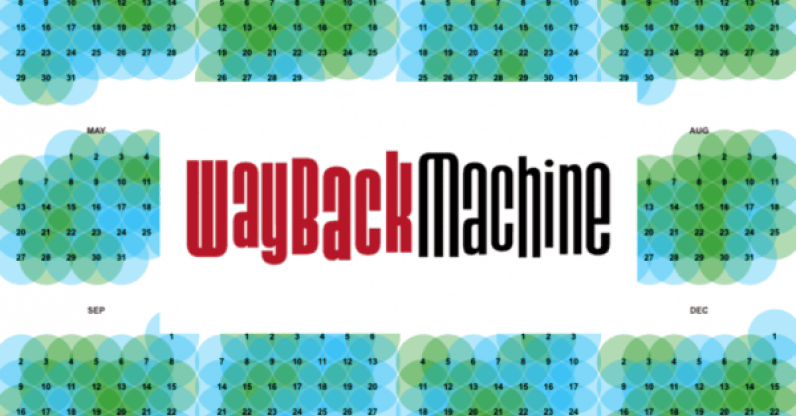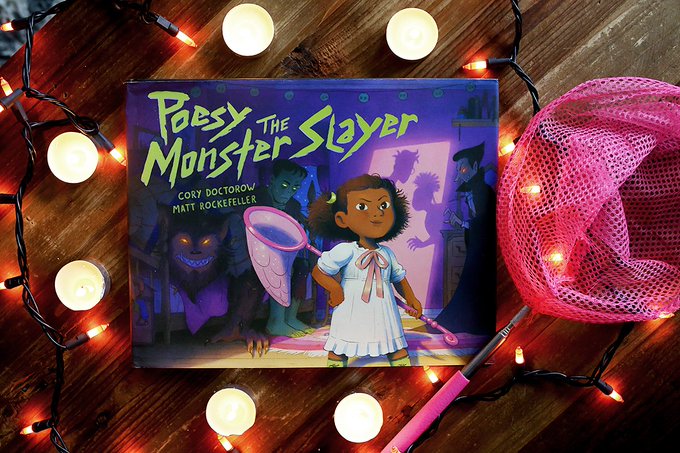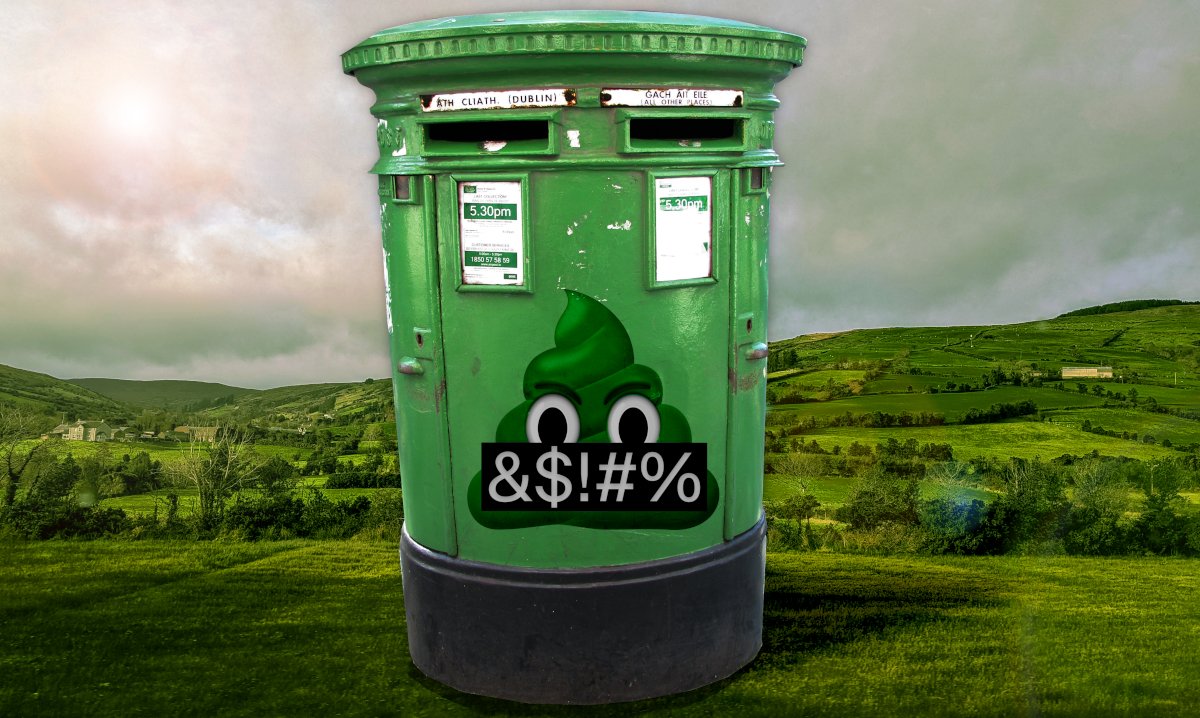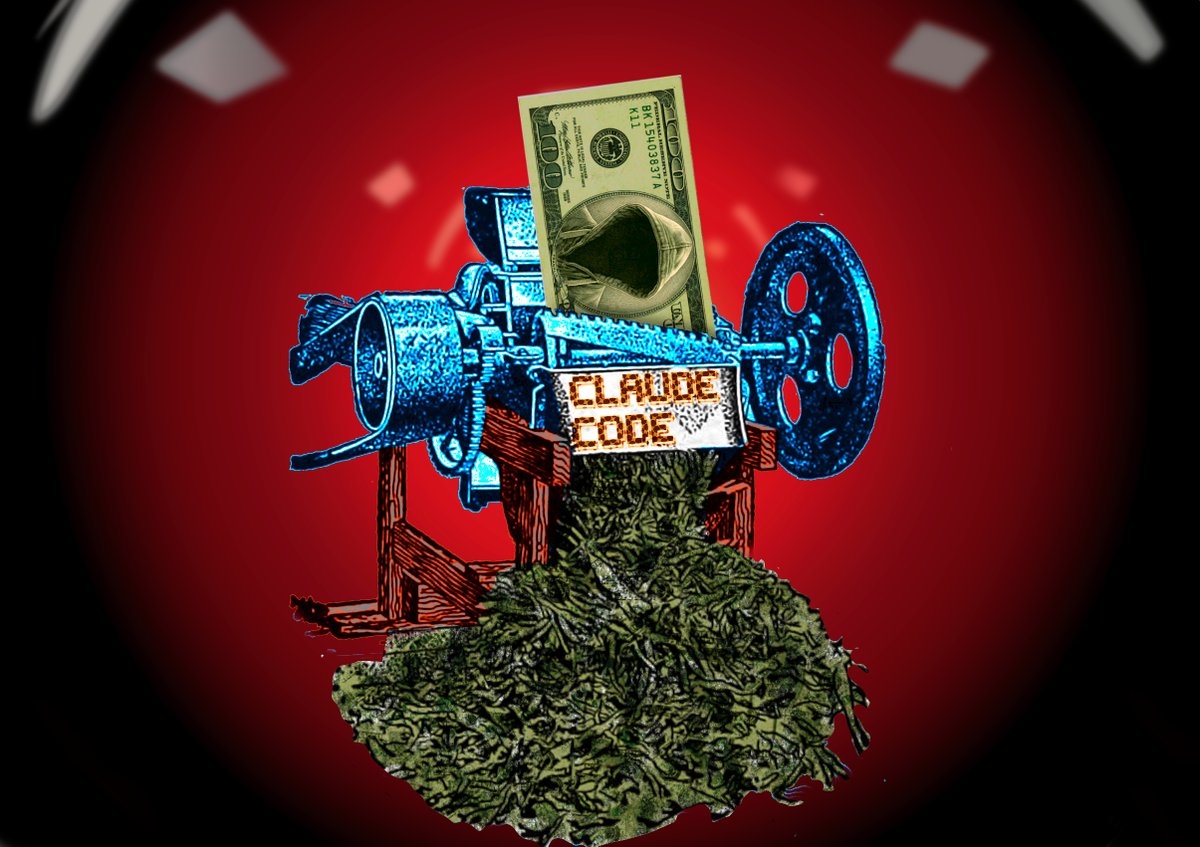Today's Twitter threads (a Twitter thread).
Inside: Tory Britain is crashing and burning; and more!
Archived at: pluralistic.net/2022/08/23/lat…
#Pluralistic 1/
Inside: Tory Britain is crashing and burning; and more!
Archived at: pluralistic.net/2022/08/23/lat…
#Pluralistic 1/

I'm Kickstarting a DRM-free audiobook of Chokepoint Capitalism, the book @rgibli and I wrote about how tech- and entertainment monopolies rip off artists, and how to unrig those terrible labor markets:
kickstarter.com/projects/docto…
("This book really gets it" - @stephenfry) 2/
kickstarter.com/projects/docto…
("This book really gets it" - @stephenfry) 2/
Off to @burningman? Here's my talks:
* Radical Interop: An Internet Disassembly Manual: Mon 3pm Center Camp
* Chokepoint Capitalism: a Better Deal for Creative Labor: Tue 1pm @PalenqueNorte 915/E
* Talk w/@bunniestudios on the Precursor: Wed 12pm Liminal Labs 945/Rods 3/
* Radical Interop: An Internet Disassembly Manual: Mon 3pm Center Camp
* Chokepoint Capitalism: a Better Deal for Creative Labor: Tue 1pm @PalenqueNorte 915/E
* Talk w/@bunniestudios on the Precursor: Wed 12pm Liminal Labs 945/Rods 3/
Tory Britain is crashing and burning: They got Brexit done.

https://twitter.com/doctorow/status/15620947589604311054/

Hey look at this
* Code, Speech, and the Tornado Cash Mixer eff.org/deeplinks/2022…
* Metabolic Pathways biochemical-pathways.com/#/map/1 (h/t Fipi Lele) 5/
* Code, Speech, and the Tornado Cash Mixer eff.org/deeplinks/2022…
* Metabolic Pathways biochemical-pathways.com/#/map/1 (h/t Fipi Lele) 5/

#20yrsago Photos from the Barney vs. Wil Wheaton @EFF benefit web.archive.org/web/2002100309…
#15yrsago @TSA steals traveler’s pudding, leaves him armed with knife web.archive.org/web/2007082417… 6/
#15yrsago @TSA steals traveler’s pudding, leaves him armed with knife web.archive.org/web/2007082417… 6/

#10yrsago @TwistedSisterNY frontman denounces @SpeakerRyan’s use of “We’re Not Going to Take It” web.archive.org/web/2012082921…
#10yrsago The coming civil war over general purpose computing memex.craphound.com/2012/08/23/the… 7/
#10yrsago The coming civil war over general purpose computing memex.craphound.com/2012/08/23/the… 7/

#10yrsago Ayn Rand as @SpeakerRyan’s biographer bloomberg.com/opinion/articl…
#10yrsago The Dictator’s Practical Guide to Internet Power Retention, Global Edition web.archive.org/web/2012082604…
#10yrsago China’s one-percenters make ready to take the money and run macrobusiness.com.au/2012/08/rich-c… 8/
#10yrsago The Dictator’s Practical Guide to Internet Power Retention, Global Edition web.archive.org/web/2012082604…
#10yrsago China’s one-percenters make ready to take the money and run macrobusiness.com.au/2012/08/rich-c… 8/

#10yrsago German copyright trolls will single out cops, Arab embassies and clergy for accusations of porn downloads torrentfreak.com/anti-piracy-la…
#5yrsago Longread: what will it take to re-decentralize the web? web.archive.org/web/2017081821… 9/
#5yrsago Longread: what will it take to re-decentralize the web? web.archive.org/web/2017081821… 9/

#5yrsago Jury would not convict white militiamen who aimed guns at federal law enforcement officers web.archive.org/web/2017082303…
#5yrsago Local council requires #Grenfell survivors to bid against each other for new homes independent.co.uk/news/uk/home-n… 10/
#5yrsago Local council requires #Grenfell survivors to bid against each other for new homes independent.co.uk/news/uk/home-n… 10/

#5yrsago Small town @Uber driver quits, launches a one-driver rival chilkatvalleynews.com/story/2017/08/…
#1yrago The secrets of hospital bills: What do you call a "market" where no one chooses the services or knows the prices? pluralistic.net/2021/08/23/don… 11/
#1yrago The secrets of hospital bills: What do you call a "market" where no one chooses the services or knows the prices? pluralistic.net/2021/08/23/don… 11/

#1yrago What kind of emergency is our emergency?: Kim Stanley Robinson on the structure of feeling of this perilous moment pluralistic.net/2021/08/23/don…
#1yrago The Unraveling: @ben_rosenbaum's stunning debut novel pluralistic.net/2021/08/23/don… 12/
#1yrago The Unraveling: @ben_rosenbaum's stunning debut novel pluralistic.net/2021/08/23/don… 12/

#1yrago Podcasting "Disneyland at a stroll": Winding up my series on "amusement parks, crowd control, and load-balancing" (for now) pluralistic.net/2021/08/23/don… 13/ 

Yesterday's threads: Google falsely told the police that a father was a molesting his son; and more!
mamot.fr/@pluralistic/1… 14/
mamot.fr/@pluralistic/1… 14/

Correction: I misstated a technical detail in this story; Mark didn’t email his photo to his doctor; rather, he took the photo with his phone and the image was automatically synched to his Google Photos account, triggering a scan. 15/
My latest book is Attack Surface, a sequel to my bestselling Little Brother books, now in paperback, wherever books are sold.
Signed copies at @DarkDel:
darkdel.com/store/p1840/Co… 16/
Signed copies at @DarkDel:
darkdel.com/store/p1840/Co… 16/
My book "How to Destroy Surveillance Capitalism" is a critique of Big Tech connecting conspiratorial thinking to the rise of tech monopolies (proposing a way to deal with both) is now out in paperback:
onezero.medium.com/how-to-destroy…
Signed copies here:
darkdel.com/store/p2024/Av… 17/
onezero.medium.com/how-to-destroy…
Signed copies here:
darkdel.com/store/p2024/Av… 17/

My ebooks and audiobooks (from @torbooks, @HoZ_Books, @mcsweeneys, and others) are for sale all over the net, but I sell 'em too, and when you buy 'em from me, I earn twice as much and you get books with no DRM and no license "agreements."
craphound.com/shop/ 18/
craphound.com/shop/ 18/

Upcoming appearances:
* Radical Interoperability: An Internet Disassembly Manual, Aug 29 15h (@burningman Center Camp)
* Chokepoint Capitalism: a Better Deal for Creative Labor, Aug 30, 13h (@burningman @PalenqueNorte, 915 and E) 19/
* Radical Interoperability: An Internet Disassembly Manual, Aug 29 15h (@burningman Center Camp)
* Chokepoint Capitalism: a Better Deal for Creative Labor, Aug 30, 13h (@burningman @PalenqueNorte, 915 and E) 19/

Upcoming appearances (cont'd):
* Interview with @bunniestudios on the Precursor/Trusting Trust, Aug 31, 12h (@burningman Liminal Labs, 945 and Rod's)
* Canadians Connected (Ottawa), Sept 15
member.cira.ca/Events/Canadia…
* #UnfinishedLive (NYC), Sept 21-24
live.unfinished.com 20/
* Interview with @bunniestudios on the Precursor/Trusting Trust, Aug 31, 12h (@burningman Liminal Labs, 945 and Rod's)
* Canadians Connected (Ottawa), Sept 15
member.cira.ca/Events/Canadia…
* #UnfinishedLive (NYC), Sept 21-24
live.unfinished.com 20/

Upcoming appearances (cont'd)
* Chokepoint Capitalism event, @BookSoup (LA), Sept 27
booksoup.com/event/cory-doc… 21/
* Chokepoint Capitalism event, @BookSoup (LA), Sept 27
booksoup.com/event/cory-doc… 21/

Recent appearances:
* The Wondrous World of the Early Internet & How To Destroy Surveillance Capitalism (@curaffairs) patreon.com/posts/cory-doc…
* DRM Secretly Polices You (@dtnsshow)
dailytechnewsshow.com/2022/07/29/drm…
* Bricking Tractors (Inside Agri-Turf)
inside-agriturf.captivate.fm/episode/bricki… 22/
* The Wondrous World of the Early Internet & How To Destroy Surveillance Capitalism (@curaffairs) patreon.com/posts/cory-doc…
* DRM Secretly Polices You (@dtnsshow)
dailytechnewsshow.com/2022/07/29/drm…
* Bricking Tractors (Inside Agri-Turf)
inside-agriturf.captivate.fm/episode/bricki… 22/

My first picture book is out! It's called Poesy the Monster Slayer and it's an epic tale of bedtime-refusal, toy-hacking and monster-hunting, illustrated by Matt @mcrockefeller. It's the monster book I dreamt of reading to my own daughter.
pluralistic.net/2020/07/14/poe… 23/
pluralistic.net/2020/07/14/poe… 23/

You can also follow these posts as a daily blog at pluralistic.net: no ads, trackers, or data-collection!
Here's today's edition: pluralistic.net/2022/08/23/lat… 24/
Here's today's edition: pluralistic.net/2022/08/23/lat… 24/
If you're a @Medium subscriber, you can read these essays - as well as previews of upcoming magazine columns and early exclusives on doctorow.medium.com.
My latest Medium column is "What is Chokepoint Capitalism?"
doctorow.medium.com/what-is-chokep… 25/
My latest Medium column is "What is Chokepoint Capitalism?"
doctorow.medium.com/what-is-chokep… 25/
If you prefer a newsletter, subscribe to the plura-list, which is also ad- and tracker-free, and is utterly unadorned save a single daily emoji. Today's is "🦧". Suggestions solicited for future emojis!
Subscribe here: pluralistic.net/plura-list 26/
Subscribe here: pluralistic.net/plura-list 26/
Are you trying to wean yourself off Big Tech? Follow these threads on the #fediverse at @pluralistic@mamot.fr.
Here's today's edition: mamot.fr/@pluralistic/1… 27/
Here's today's edition: mamot.fr/@pluralistic/1… 27/
• • •
Missing some Tweet in this thread? You can try to
force a refresh











